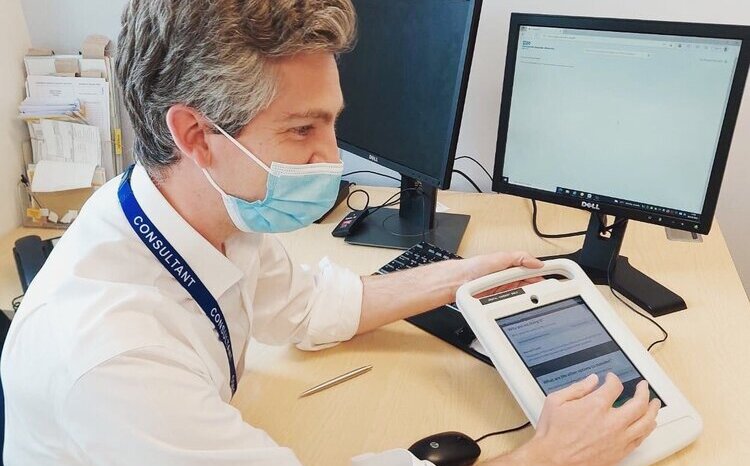BMA asks for clarity on care record issues
- 1 July 2004
Doctors at the British Medical Association’s Annual Representative Meeting at Llandudno have demanded that the NHS Care Records System should not be fully implemented until issues over accuracy, consent and data protection are ironed out. The motion, proposed by Dr Mary Hawking from the South Bedfordshire Division, asked that “before total dependence on joint electronic patient records is accepted the following must be achieved: 100% accuracy of transfer of total patient information; consent procedures for data transfer and sharing; and establishment of clear legal validity, liability for errors and responsibility for shared records and errors in transfers between systems." The move comes after last month’s BMA local medical committees conference voted not to engage with the Care Records Service until “legitimate concerns of GPs" had been addressed. Commenting on the vote, chair of the joint BMA/Royal College of GPs IT Committee, Dr Paul Cundy, told E-Health Insider: “Since the local medical committees conference we have had some very constructive contact with Aidan Halligan’s [director-general of strategic development] office and the National Programme for IT." Another motion passed, proposed by Ian Thompson for the Junior Members Forum, asked for information exchange to be improved in both electronic and paper-based records, and for patients to be better informed. The text of the motion carried called for the BMA “to lobby the Departments of Health to develop integrated systems that allow appropriate clinical information to be shared between relevant healthcare professionals, and engage with the public in both demonstrating the need for such information sharing and ensuring they are aware of the safeguards in place to facilitate this sharing." “We need to develop new systems and new ways of working,” Ian Thompson told the conference. “The public needs to be aware and happy about the clinical information the doctors are using, and to have trust in the system and how it’s used." Doctors also attacked what they saw as myth-making around mobile phone use in hospital, and said that the DH should advise trusts that “modern mobile telephones have very little risk when used in hospitals… clinical care would benefit if mobile wireless voice communication devices were to replace bleeps." Dr Simon Calvert, who put forward the proposal, argued that change was “long overdue", and said that radios used by paramedics and other emergency service personnel gave off around one thousand times more emissions. The motion was overwhelmingly carried.




